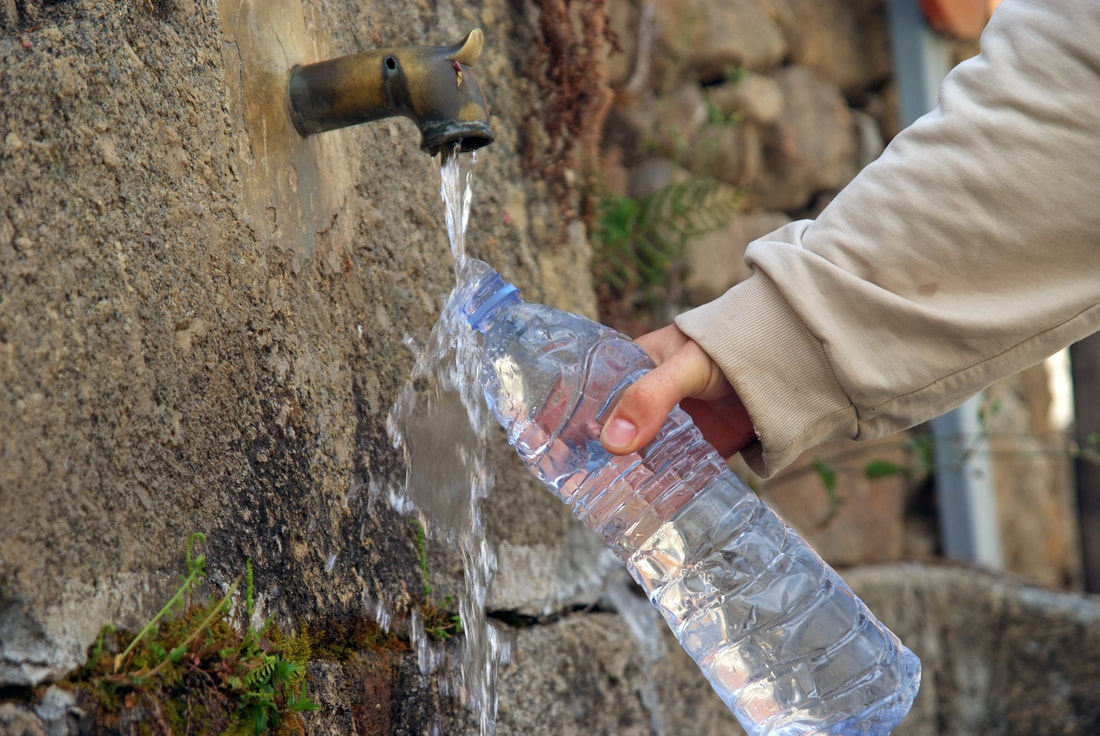 Parts of the lawsuit, as reported by the Courthouse News Service, read: “…Poland Spring Water labels are misleading under FDA rules because, in addition to falsely advertising that the bottles contain ‘100% Natural Spring Water’ purportedly sourced from natural springs, the labels depict pristine scenes of water flowing down a verdant hillside or a forest pond to convey an image of natural purity...” A class action lawsuit has been filed against Nestle Waters North America, calling the company’s Poland Spring Bottled Water “a colossal fraud". The suit claims the water doesn't meet U.S. Food and Drug Administration standards for “100% spring water” as the brand claims. Instead, the suit asserts that Nestle is actually using common ground water, and that Poland Spring — one of the eight Maine springs that Nestle reportedly collects water from — dried up decades ago.
Also read, Hershey is being sued for under-filling candy boxes. Nestle stated its water meets all relevant federal and state regulations for spring water, reports Courthouse News Service. “Poland Spring is 100% spring water. It meets the U.S. Food and Drug Administration regulations defining spring water, all state regulations governing spring classification for standards of identity, as well as all federal and state regulations governing spring water collection, good manufacturing practices, product quality and labeling," a company spokeswoman told the news service. As shoppers flee soda and other sugary drinks in favor of healthier alternatives, bottled water has surged in popularity. In 2016, the category surpassed carbonated soft drinks to become the largest beverage category by volume in the U.S., according to the Beverage Marketing Corporation. Past research has shown many consumers believe bottled water is convenient and tastes better than tap water, despite numerous reports of quality issues. Many consumers also are confused by terms like "vapor distilled" and "alkaline infused" that appear on bottled water packaging, according to a study from market research provider ZappiStore. These labels have likely arisen as bottled water manufacturers try to differentiate themselves from competitors in an increasingly crowded category. Still, it’s important to a brand’s reputation that the claims are indeed true and validated by an agency like the FDA. The grounds of the Nestle Waters’ Poland Spring case, which center on the use of the term "spring water", appear pretty straightforward. Parts of the lawsuit, as reported by the Courthouse News Service, read: “…Poland Spring Water labels are misleading under FDA rules because, in addition to falsely advertising that the bottles contain ‘100% Natural Spring Water’ purportedly sourced from natural springs, the labels depict pristine scenes of water flowing down a verdant hillside or a forest pond to convey an image of natural purity...” This sounds like a classic marketing tactic on Nestle's part — that is, using advertising, imagery and copy to convey the brand’s image and messaging to consumers. But the food and beverage giant also has indicated that Poland Spring meets all federal definitions and standards of “spring” water. Even if this class action suit is struck down, it could create a public relations headache for Nestle and the Poland Spring brand. It wouldn’t be the first high-profile scandal in the bottled water space, however. Several years ago, consumer watchdog group Corporate Accountability International found that some of the best-selling bottled waters — Pepsi's Aquafina and Coca-Cola's Dasani among them — were nothing but filtered tap water. Under pressure from the consumer group, the companies now spell this out on their product labels. With so many brands available to consumers in the growing and hyper-competitive bottled water space, there could be some consumer fallout related to such scandals. After all, transparency is of paramount importance to today's food shoppers. Consumers expect companies to be forthcoming about product ingredients, food sources, processing standards, sustainability and corporate responsibility, among other issues. The lawsuit comes as Nestle prepares to expand the Poland Spring brand into Maine. The food and beverage manufacturer previously settled a similar-sounding 2003 lawsuit that also claimed Poland Spring’s water was not sourced “deep in the Maine woods.” SOURCE Sandy Skrovan, Food Dive
0 Comments
Leave a Reply. |
Advertisement
News & Updates
Stay informed with the latest news around foodservice, agriculture and other related food news. Advertisement Opportunities
|

 RSS Feed
RSS Feed


